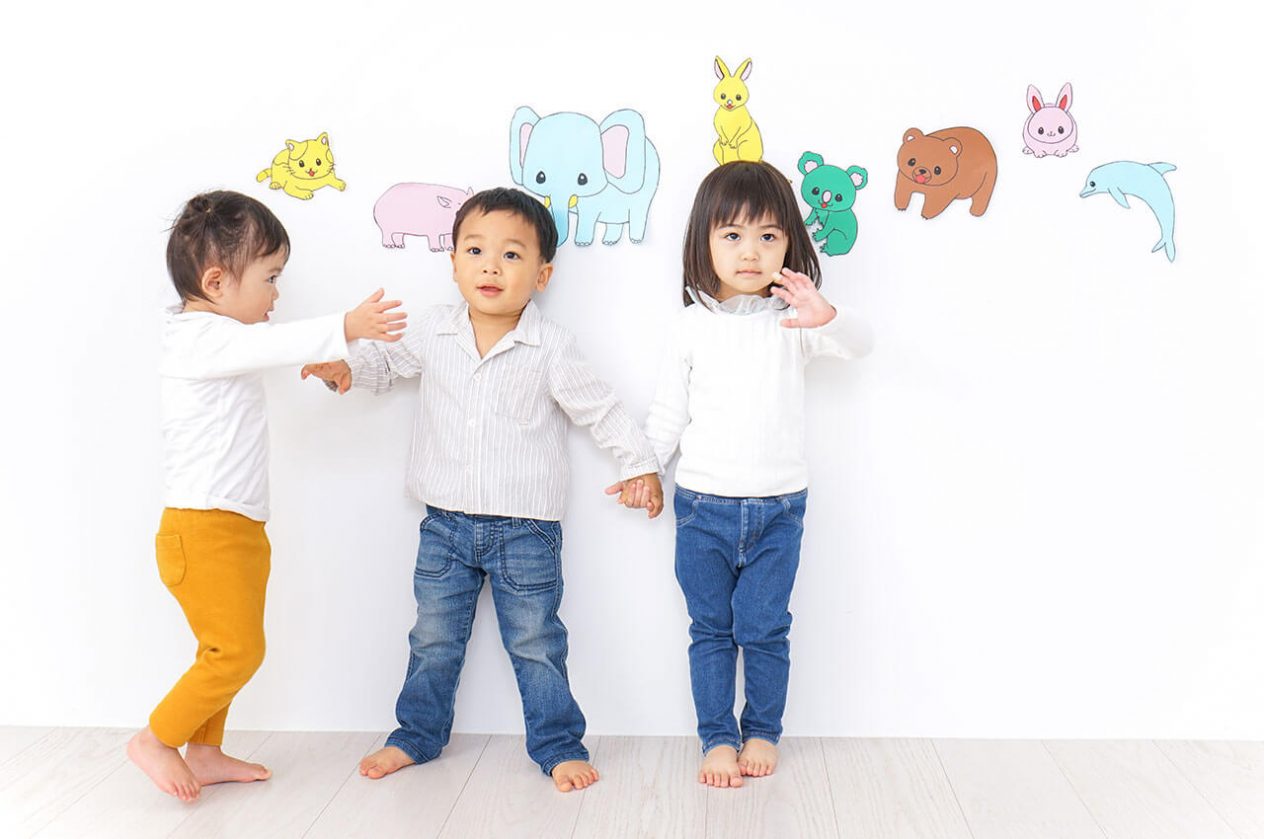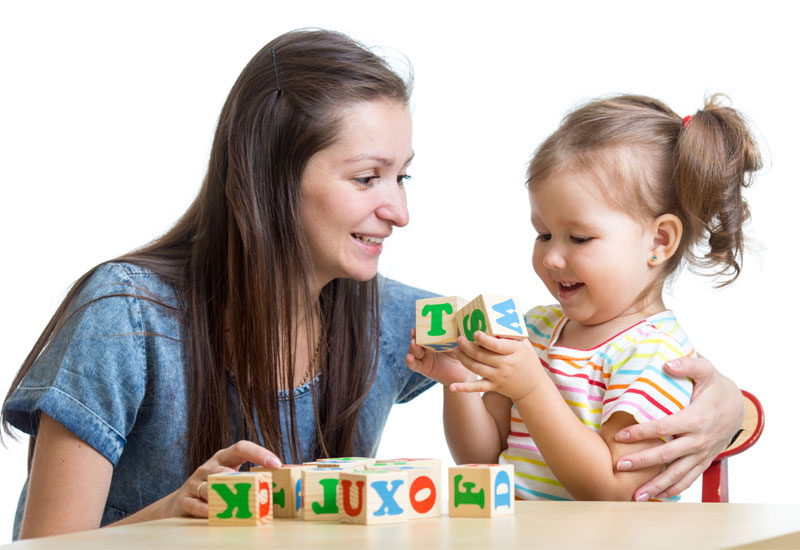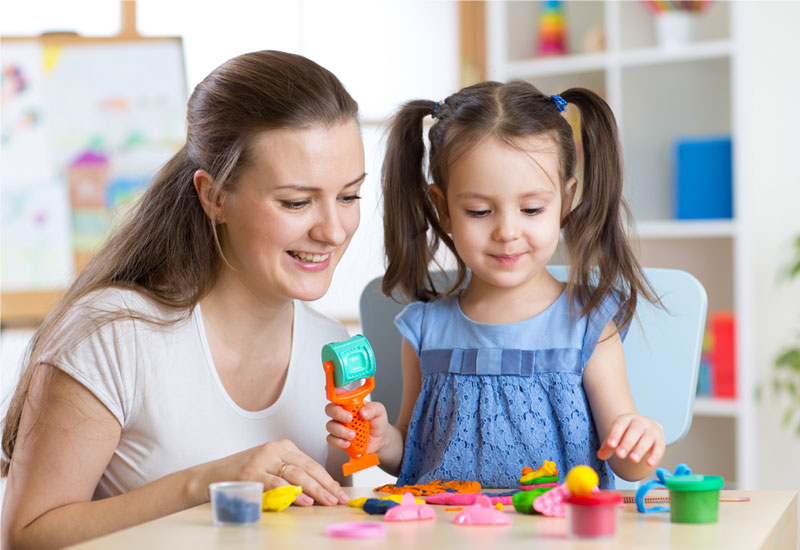3 Reasons Pre-school Years are Significant in your Child’s Development
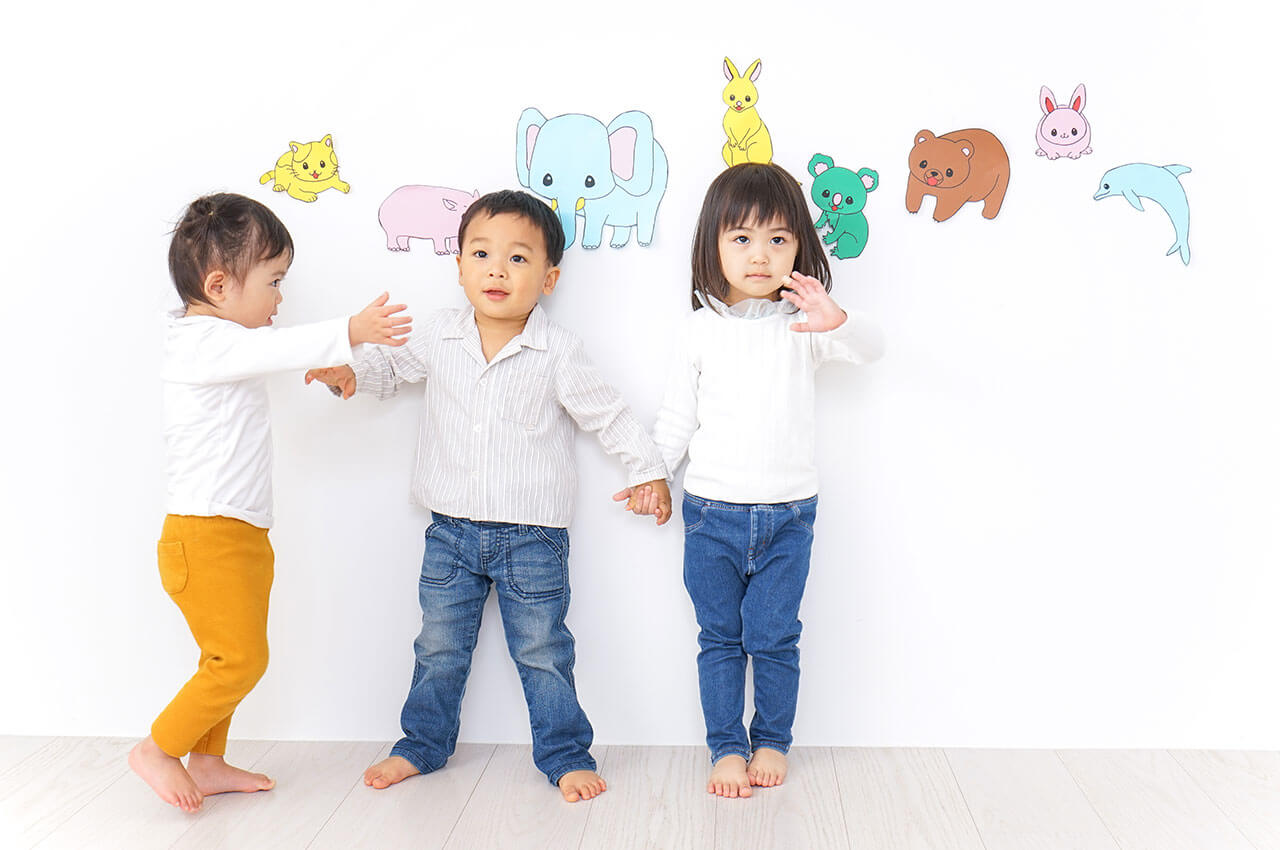
3 Reasons Pre-school Years are Significant in your Child’s Development
A Classroom Atmosphere Can Do Wonders!Early childhood education sets the tone for educational pathways, providing the initial exposure to school. That’s where your child will have the opportunity to form thoughts, ideas and emotions about school life. Here’s how quality foundations can help pave the way for your child’s future education and development:
1. Development of Self Regulation Skills
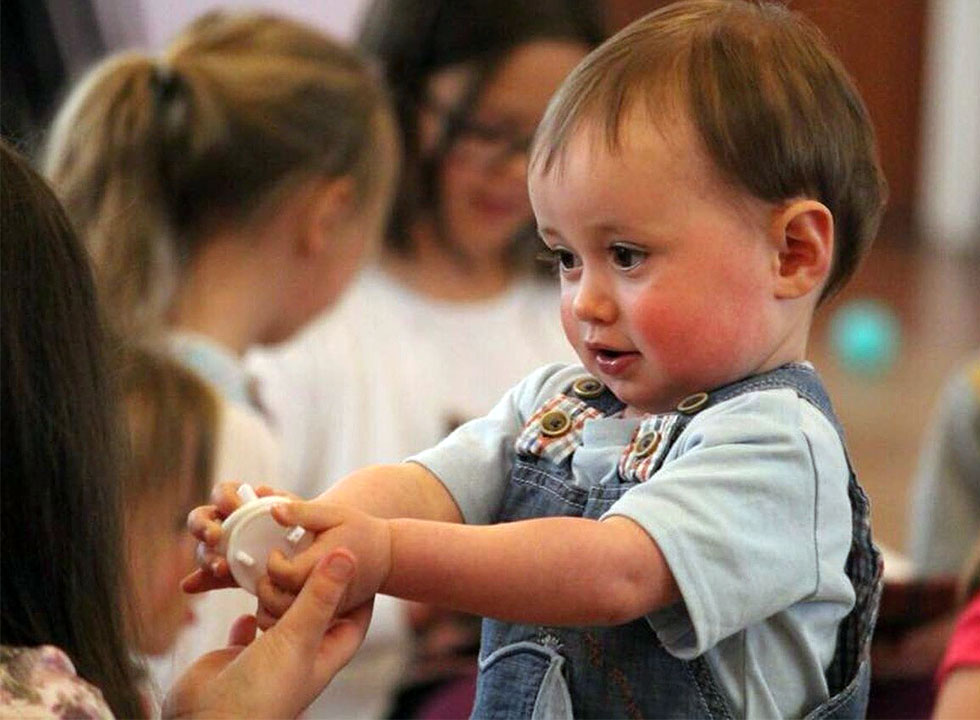
Managing your child’s behaviour and emotions can be quite a handful. However, early childhood education can help teach how and why to behave, and what to do and not do. Building self-regulation skills will help foster the habit of learning how to pay attention, to listen and to interact positively when difficult emotions arise. How can a skill so mature and adult-like be taught to a young child? This is where the ‘fun’ strategies come into play. Self-regulation is trained through routines and songs, picture prompts and language that shows the steps of the process with clear instructions. Self-regulation delves into the ‘why’ perspective however rewards and/or punishments emphasise that we want them to do something. This approach will gently allow your child to understand and manage their behaviours and emotions around their peers, and their reactions to things happening around them.
2. Cultivating Creativity
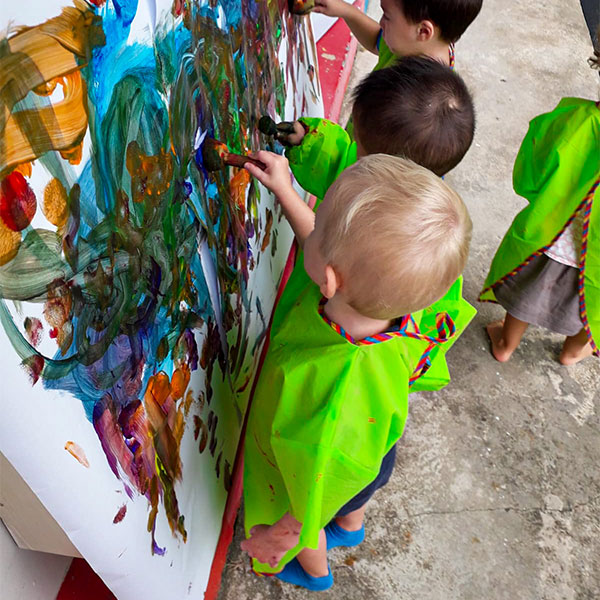
At Chicky & Olive, our kids have a myriad of opportunities to dip their toes into different subjects. From arts & crafts and culinary to math, science and language - our teachers plant seeds of all sorts to bring out their creative thinking caps! As their brains develop, children are most receptive to learning in the years between birth and three years of age. Providing them with a conducive creative environment and materials such as books, drawing equipment, objects with sounds, clay and blocks set a blank canvas for them to work on. Unstructured toys allow our children to get imaginative and use them in creative ways. Not to mention, when they study their peers, they get inspired to follow and be extra explorative with their creativity. If they happen to zone out into daydreaming, we’ll let them do it for a while because in some instances, it becomes an imagery process, which only benefits your child’s creativity further.
3. Stepping Stone for Academics
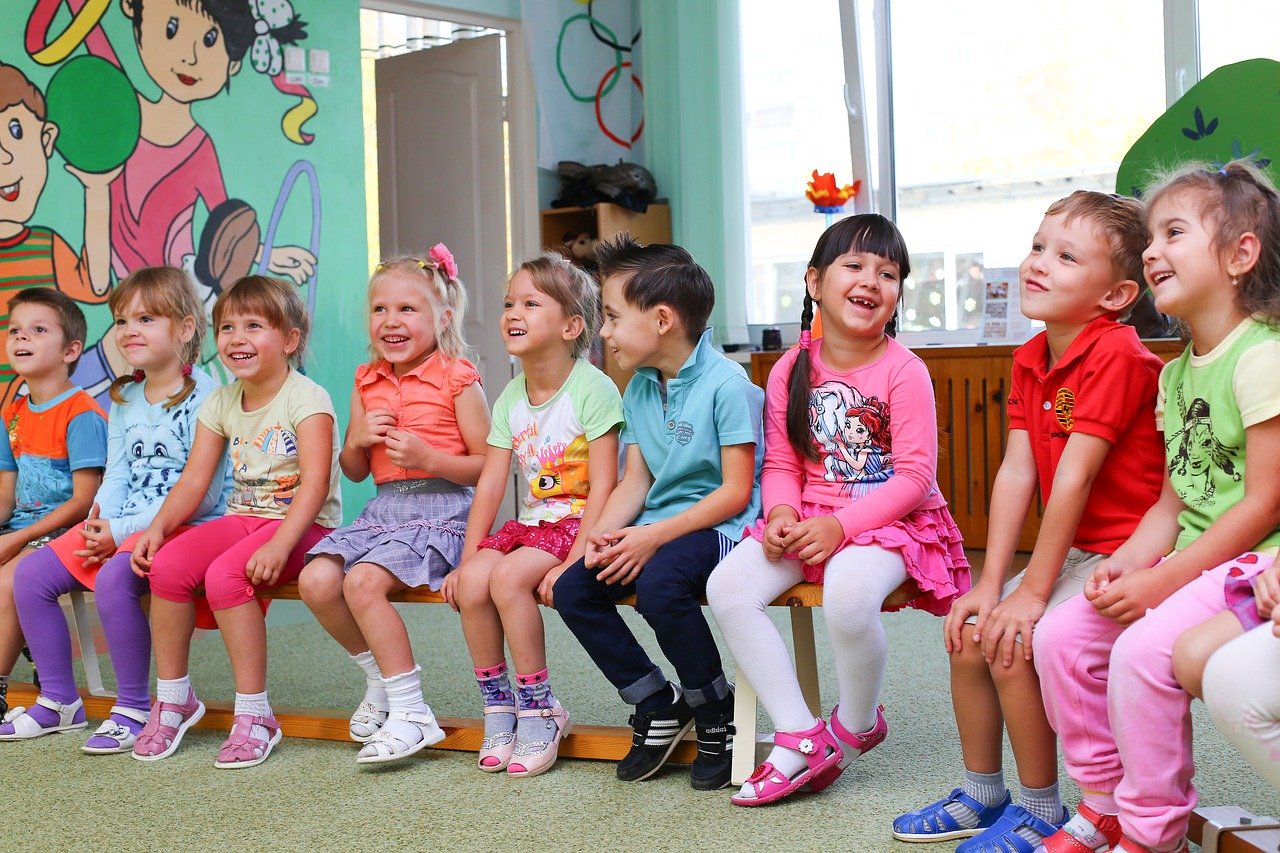
The foundation for language learning, comprehension and management during early childhood learning helps facilitate learning at higher levels of education. When done in a classroom setting, children have the opportunity to ask questions while they enhance their communication skills, learn and mirror from one another through playing with others. Children learn from story-time and talk to their peers and teachers about characters in the book, which also strengthens their pre-reading skills. They count their food during snack time or play memory games which helps cultivate their pre-math skills too. These activities bring about improved social skills, less behavioural issues, and a higher self confidence as they are well equipped to step into a classroom atmosphere in their later years.

3 Reasons Pre-school Years are Significant in your Child’s Development
A Classroom Atmosphere Can Do Wonders!Early childhood education sets the tone for educational pathways, providing the initial exposure to school. That’s where your child will have the opportunity to form thoughts, ideas and emotions about school life. Here’s how quality foundations can help pave the way for your child’s future education and development:
1. Development of Self Regulation Skills

Managing your child’s behaviour and emotions can be quite a handful. However, early childhood education can help teach how and why to behave, and what to do and not do. Building self-regulation skills will help foster the habit of learning how to pay attention, to listen and to interact positively when difficult emotions arise. How can a skill so mature and adult-like be taught to a young child? This is where the ‘fun’ strategies come into play. Self-regulation is trained through routines and songs, picture prompts and language that shows the steps of the process with clear instructions. Self-regulation delves into the ‘why’ perspective however rewards and/or punishments emphasise that we want them to do something. This approach will gently allow your child to understand and manage their behaviours and emotions around their peers, and their reactions to things happening around them.
2. Cultivating Creativity

At Chicky & Olive, our kids have a myriad of opportunities to dip their toes into different subjects. From arts & crafts and culinary to math, science and language - our teachers plant seeds of all sorts to bring out their creative thinking caps! As their brains develop, children are most receptive to learning in the years between birth and three years of age. Providing them with a conducive creative environment and materials such as books, drawing equipment, objects with sounds, clay and blocks set a blank canvas for them to work on. Unstructured toys allow our children to get imaginative and use them in creative ways. Not to mention, when they study their peers, they get inspired to follow and be extra explorative with their creativity. If they happen to zone out into daydreaming, we’ll let them do it for a while because in some instances, it becomes an imagery process, which only benefits your child’s creativity further.
3. Stepping Stone for Academics

The foundation for language learning, comprehension and management during early childhood learning helps facilitate learning at higher levels of education. When done in a classroom setting, children have the opportunity to ask questions while they enhance their communication skills, learn and mirror from one another through playing with others. Children learn from story-time and talk to their peers and teachers about characters in the book, which also strengthens their pre-reading skills. They count their food during snack time or play memory games which helps cultivate their pre-math skills too. These activities bring about improved social skills, less behavioural issues, and a higher self confidence as they are well equipped to step into a classroom atmosphere in their later years.

3 Reasons Pre-school Years are Significant in your Child’s Development
A Classroom Atmosphere Can Do Wonders!Early childhood education sets the tone for educational pathways, providing the initial exposure to school. That’s where your child will have the opportunity to form thoughts, ideas and emotions about school life. Here’s how quality foundations can help pave the way for your child’s future education and development:
1. Development of Self Regulation Skills

Managing your child’s behaviour and emotions can be quite a handful. However, early childhood education can help teach how and why to behave, and what to do and not do. Building self-regulation skills will help foster the habit of learning how to pay attention, to listen and to interact positively when difficult emotions arise. How can a skill so mature and adult-like be taught to a young child? This is where the ‘fun’ strategies come into play. Self-regulation is trained through routines and songs, picture prompts and language that shows the steps of the process with clear instructions. Self-regulation delves into the ‘why’ perspective however rewards and/or punishments emphasise that we want them to do something. This approach will gently allow your child to understand and manage their behaviours and emotions around their peers, and their reactions to things happening around them.
2. Cultivating Creativity

At Chicky & Olive, our kids have a myriad of opportunities to dip their toes into different subjects. From arts & crafts and culinary to math, science and language - our teachers plant seeds of all sorts to bring out their creative thinking caps! As their brains develop, children are most receptive to learning in the years between birth and three years of age. Providing them with a conducive creative environment and materials such as books, drawing equipment, objects with sounds, clay and blocks set a blank canvas for them to work on. Unstructured toys allow our children to get imaginative and use them in creative ways. Not to mention, when they study their peers, they get inspired to follow and be extra explorative with their creativity. If they happen to zone out into daydreaming, we’ll let them do it for a while because in some instances, it becomes an imagery process, which only benefits your child’s creativity further.
3. Stepping Stone for Academics

The foundation for language learning, comprehension and management during early childhood learning helps facilitate learning at higher levels of education. When done in a classroom setting, children have the opportunity to ask questions while they enhance their communication skills, learn and mirror from one another through playing with others. Children learn from story-time and talk to their peers and teachers about characters in the book, which also strengthens their pre-reading skills. They count their food during snack time or play memory games which helps cultivate their pre-math skills too. These activities bring about improved social skills, less behavioural issues, and a higher self confidence as they are well equipped to step into a classroom atmosphere in their later years.
3 Reasons Pre-school Years are Significant in your Child’s Development
A Classroom Atmosphere Can Do Wonders!
Early childhood education sets the tone for educational pathways, providing the initial exposure to school. That’s where your child will have the opportunity to form thoughts, ideas and emotions about school life. Here’s how quality foundations can help pave the way for your child’s future education and development:
1. Development of Self Regulation Skills

Managing your child’s behaviour and emotions can be quite a handful. However, early childhood education can help teach how and why to behave, and what to do and not do. Building self-regulation skills will help foster the habit of learning how to pay attention, to listen and to interact positively when difficult emotions arise. How can a skill so mature and adult-like be taught to a young child? This is where the ‘fun’ strategies come into play. Self-regulation is trained through routines and songs, picture prompts and language that shows the steps of the process with clear instructions. Self-regulation delves into the ‘why’ perspective however rewards and/or punishments emphasise that we want them to do something. This approach will gently allow your child to understand and manage their behaviours and emotions around their peers, and their reactions to things happening around them.
2. Cultivating Creativity

At Chicky & Olive, our kids have a myriad of opportunities to dip their toes into different subjects. From arts & crafts and culinary to math, science and language - our teachers plant seeds of all sorts to bring out their creative thinking caps! As their brains develop, children are most receptive to learning in the years between birth and three years of age. Providing them with a conducive creative environment and materials such as books, drawing equipment, objects with sounds, clay and blocks set a blank canvas for them to work on. Unstructured toys allow our children to get imaginative and use them in creative ways. Not to mention, when they study their peers, they get inspired to follow and be extra explorative with their creativity. If they happen to zone out into daydreaming, we’ll let them do it for a while because in some instances, it becomes an imagery process, which only benefits your child’s creativity further.
3. Stepping Stone for Academics

The foundation for language learning, comprehension and management during early childhood learning helps facilitate learning at higher levels of education. When done in a classroom setting, children have the opportunity to ask questions while they enhance their communication skills, learn and mirror from one another through playing with others. Children learn from story-time and talk to their peers and teachers about characters in the book, which also strengthens their pre-reading skills. They count their food during snack time or play memory games which helps cultivate their pre-math skills too. These activities bring about improved social skills, less behavioural issues, and a higher self confidence as they are well equipped to step into a classroom atmosphere in their later years.

